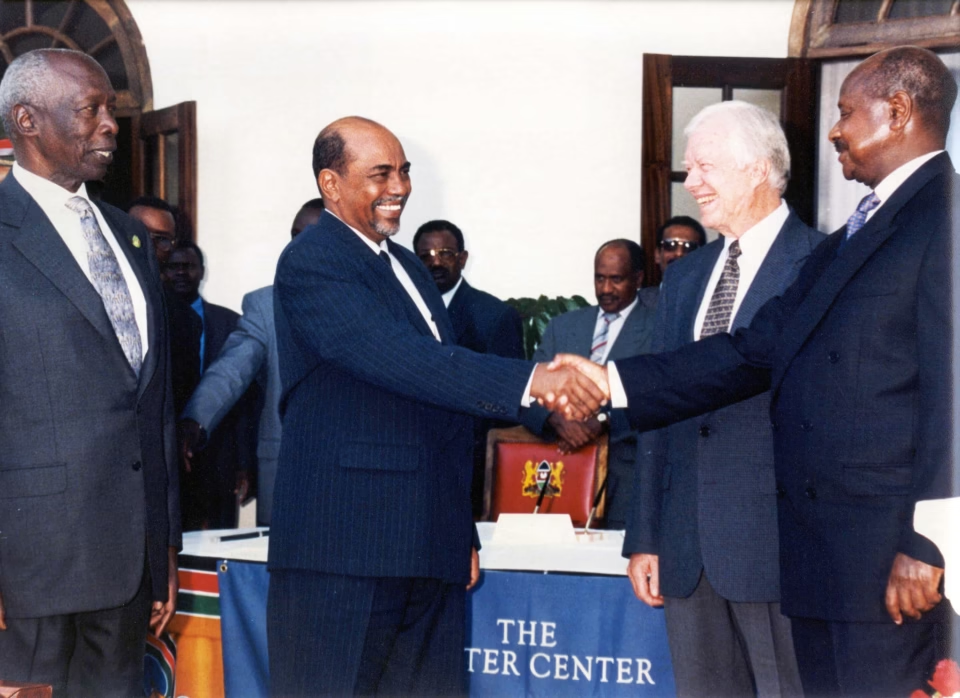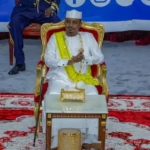Jimmy Carter, the 39th President of the United States, passed away on December 29, 2024, at his home in Plains, Georgia, at the remarkable age of 100. Carter’s legacy is marked by his tireless efforts to promote peace, human rights, and global development.

One of his notable achievements was brokering the historic 1999 Uganda-Sudan peace agreement. Carter’s role was pivotal in mediating the peace process, which was a critical step towards restoring diplomatic relations and reducing conflict in East Africa.

The Sudan-Uganda peace accord, also known as the Nairobi Agreement, was signed on December 8, 1999, by Sudanese President Omar al-Bashir and Ugandan President Yoweri Museveni. This agreement came at a critical time, as tensions between the two countries had been escalating due to their support for each other’s rebel groups.¹

The agreement was facilitated by former US President Jimmy Carter, who had been working to normalize relations between Sudan and Uganda. Carter’s efforts led to a breakthrough in the peace process, resulting in the signing of the Nairobi Agreement.
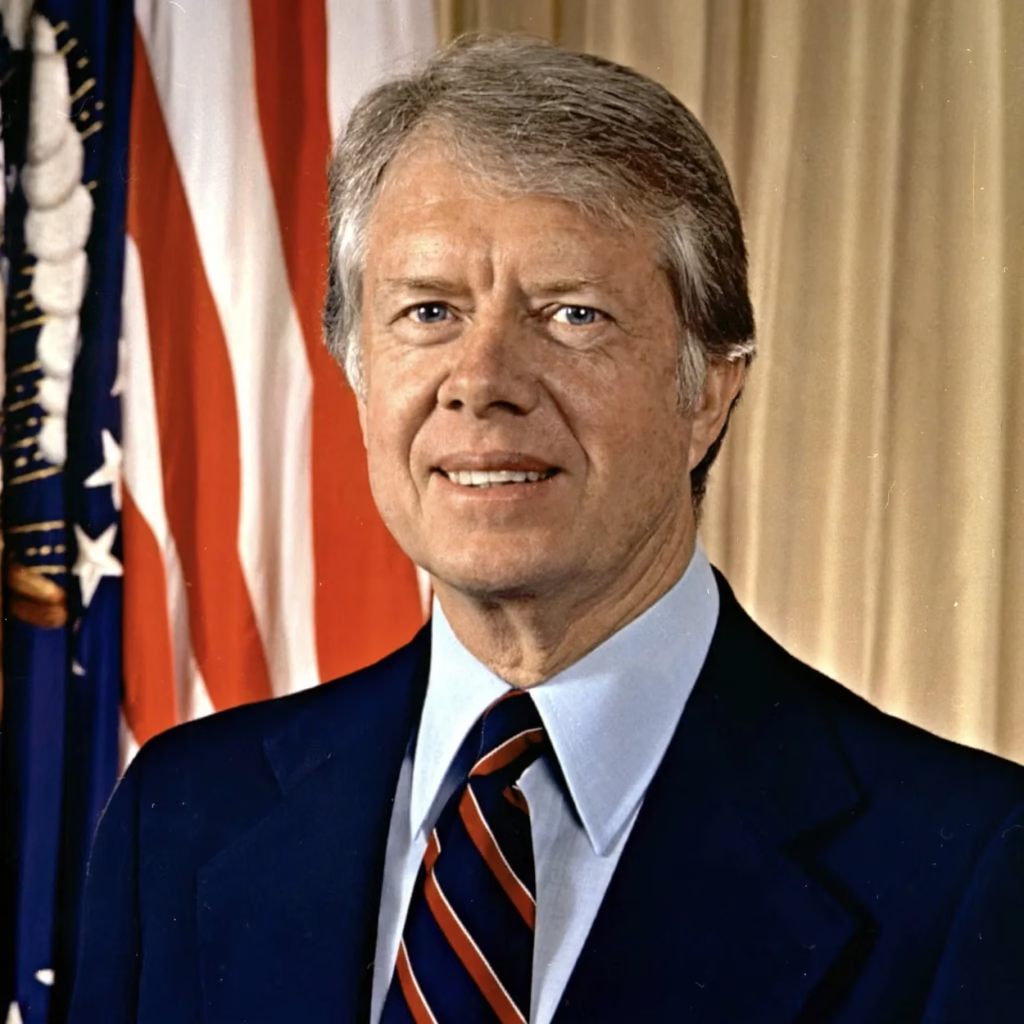
The agreement aimed to address several key issues, including:
– Cessation of Hostilities: Both countries agreed to stop supporting each other’s rebel groups.
– Normalization of Relations: The agreement paved the way for the restoration of diplomatic relations between Sudan and Uganda.
– Release of Prisoners: Both countries agreed to release prisoners of war.
– Confidence-Building Measures: The agreement included provisions for confidence-building measures, such as the establishment of a joint commission to monitor the implementation of the agreement.
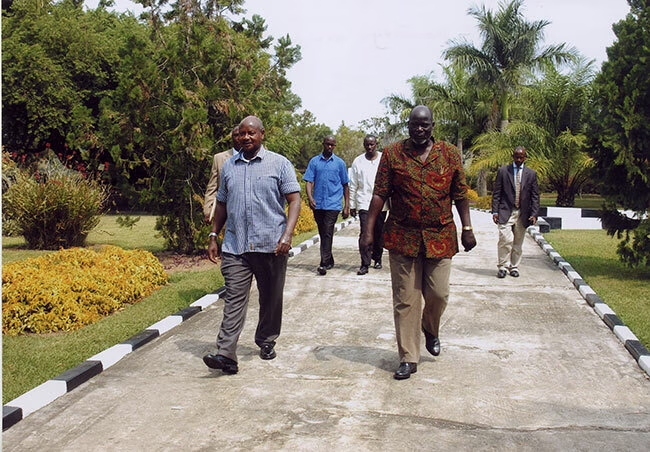
While the Nairobi Agreement marked a significant step towards peace in the region, its implementation faced several challenges. The agreement’s success was largely dependent on the willingness of both countries to comply with its provisions and to address the underlying issues that had led to the conflict.
The Sudan-Uganda peace accord came at a time of heightened tensions in the region. The Sudanese government had been accused of supporting the Lord’s Resistance Army (LRA) in its insurgency against Uganda, while Uganda backed the Sudan People’s Liberation Army (SPLA) in Sudan’s civil war.
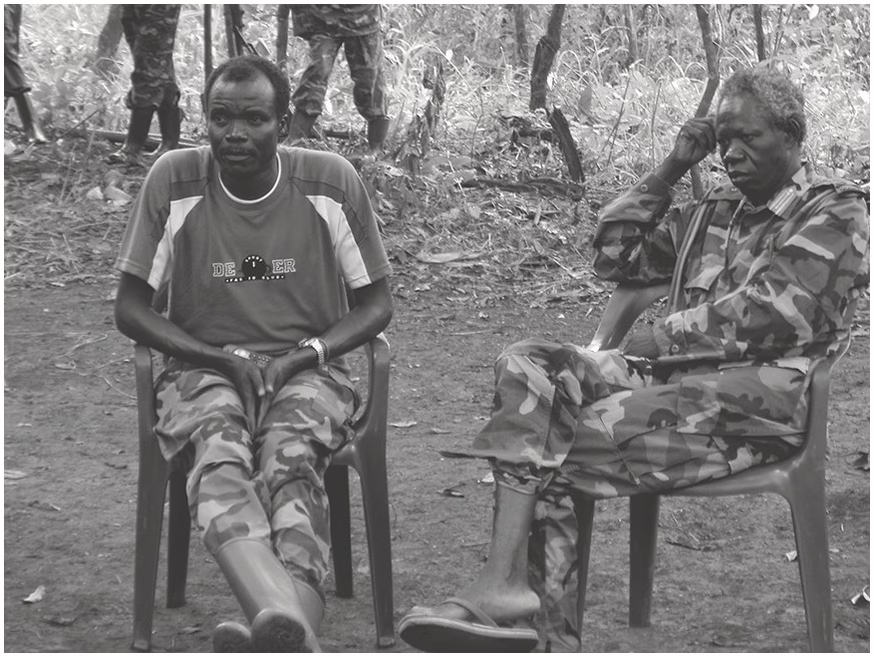
Carter’s efforts were rooted in years of groundwork, including negotiating a humanitarian ceasefire in Sudan in 1995.
His persistence and reputation helped bring the parties to the negotiating table, culminating in the Nairobi Agreement in December 1999.
The agreement outlined commitments to cease support for each other’s insurgent groups, improve treatment of refugees, and restore diplomatic relations.
Carter’s “single document approach” ensured both parties felt ownership of the agreement.
Carter’s legacy extends far beyond his humanitarian achievements. His ability to bridge divides and bring people together has left an indelible mark on East Africa and the world.
He is survived by his four children, 11 grandchildren, and 14 great-grandchildren. Memorial services will be held in Atlanta and Washington, D.C., with a private burial in Plains.

